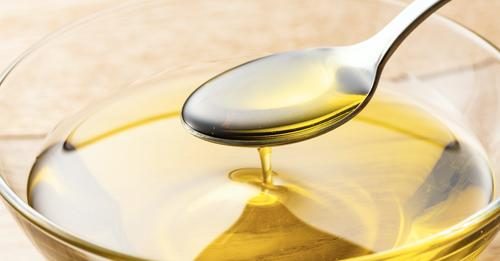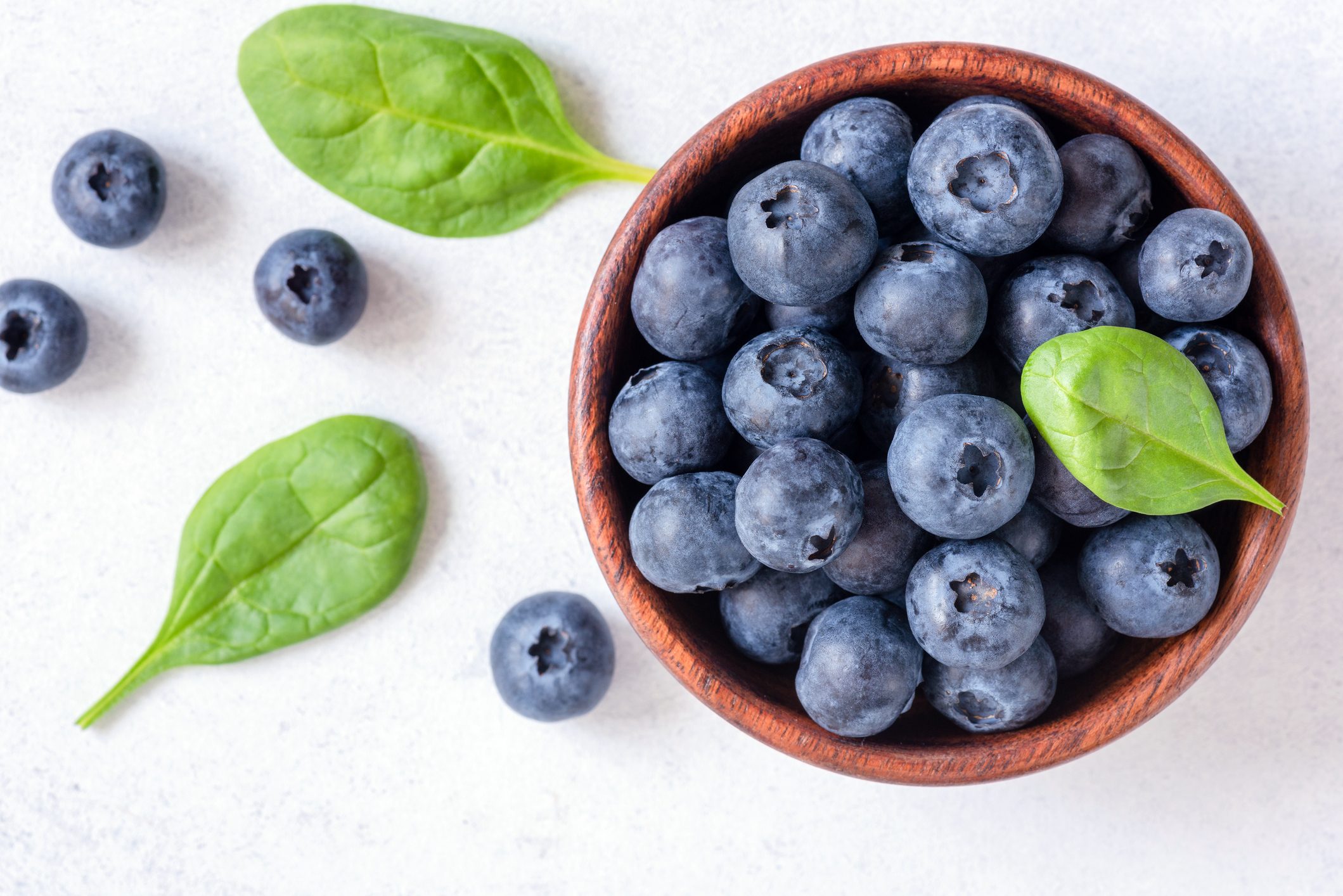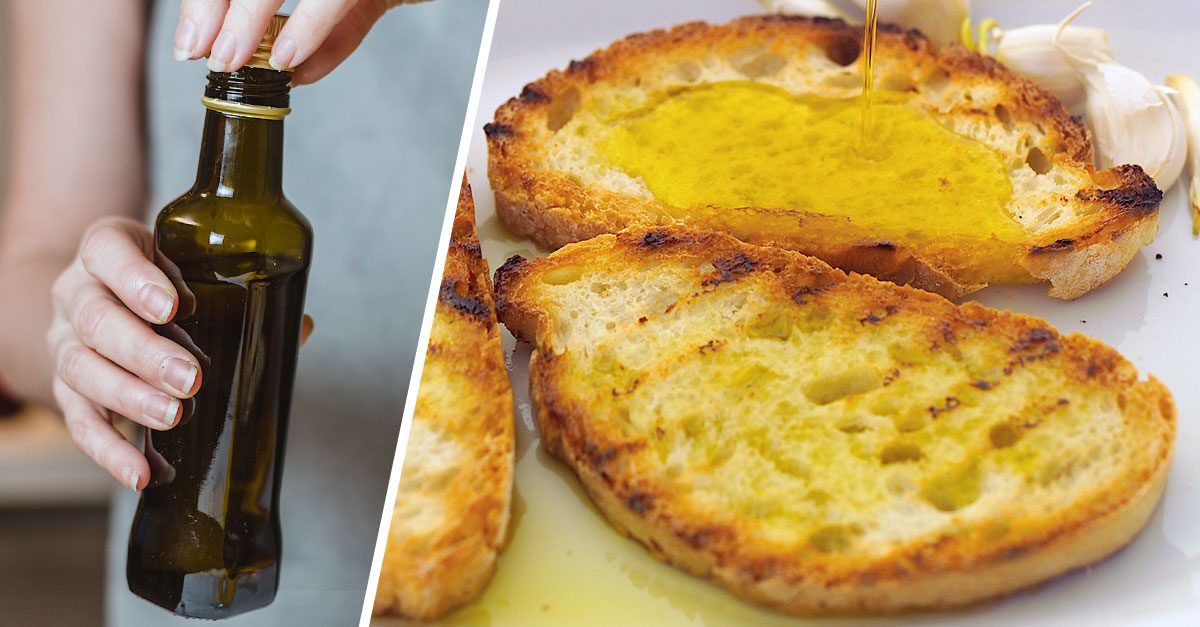Olive oil protects the heart from heart attacks, especially if we eat it in the evening
The news comes from researchers at St. Michael's Hospital who analyzed the behavior of the plasma protein ApoA-IV or Apolipoprotein A-IV.
;)
Olive oil contains a protein that is able to protect us from cardiovascular diseases because it inhibits the formation of platelet clumps that can lead to thromboses that, in the brain or in the heart, cause stroke, death or heart attacks. The news comes from researchers at St. Michael's Hospital who analyzed the behavior of the plasma protein ApoA-IV or Apolipoprotein A-IV.
A friendly protein for the heart

Apolipoprotein A-IV is a plasma protein whose levels in the blood increase after digestion, particularly of foods rich in unsaturated fats, such as olive oil. The researchers explain that this protein is associated with a reduced risk of cardiovascular disease and inflammation precisely because it is able to inhibit platelets from aggregating. Platelets are small blood cells that play a fundamental role in bleeding, because by joining together they block the flow of blood (forming scabs), and in cardiovascular diseases, since the clumps cause occlusions that prevent the regular flow and lead to thrombosis and a greater risk of death.
A "controversial" role

In short, ApoA-IV is useful for our heart because it reduces the risk of thrombosis, but at the same time it is important that the platelets can aggregate together, since doing so they will save our lives from bleeding. But how does this protein reduce the risk of heart attacks? In practice it blocks the integrin receptor which acts as a ‘bridge' between the platelets preventing their union and therefore the formation of clumps. The study showed that when ApoA-IV enters our blood it can even reduce inflammation, so not only the risk of heart attacks and strokes.
Olive oil is better at night

And there is more. The researchers say that ApoA-IV also has its own circadian rhythm which makes it more active during the night and less during the day. "Mother nature wants us to sleep, so we are protected by this protein when we sleep," the researchers explain.
;Resize,width=767;)
;Resize,width=712;)

;Resize,width=712;)
